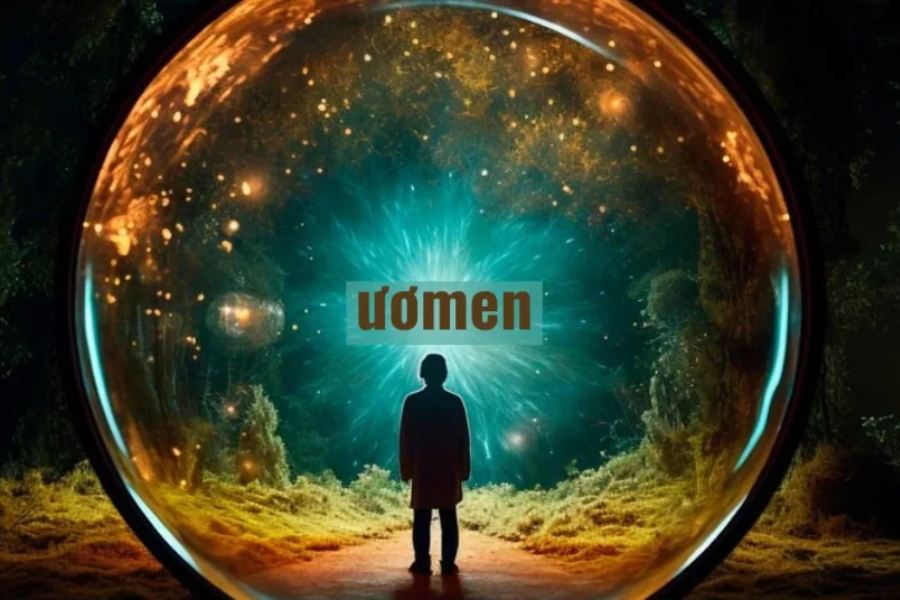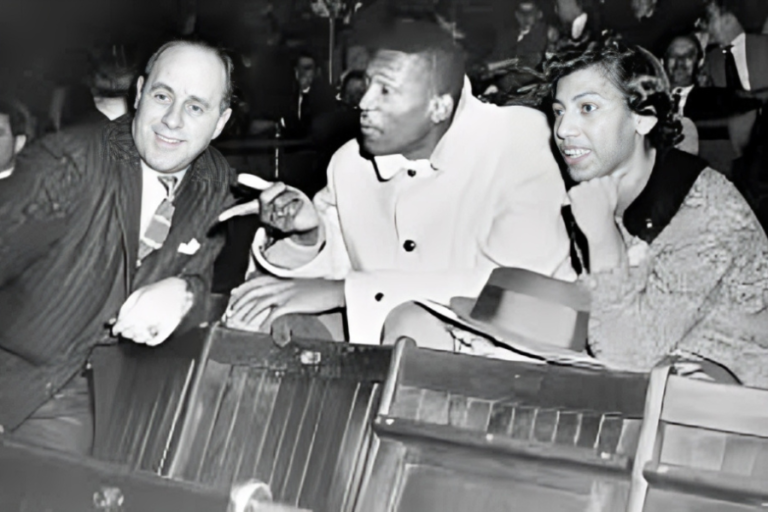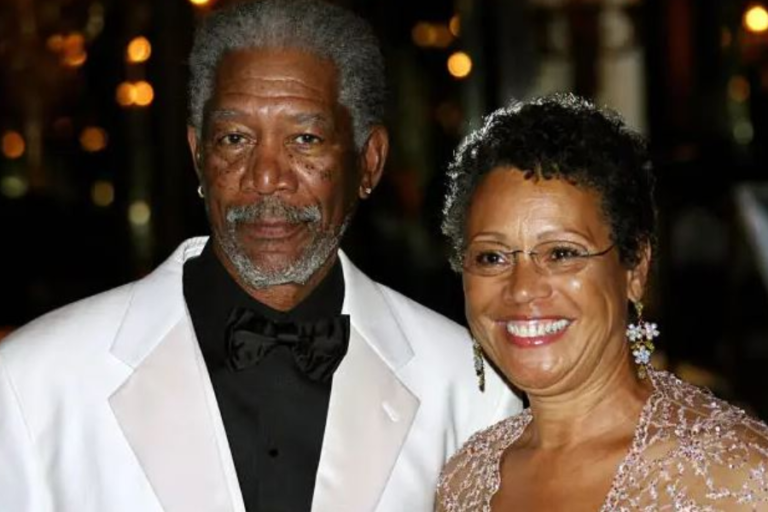Unveiling the Power of Ươmen: Redefining Gender and Human Potential
Introduction
The concept of “men” has emerged as a crucial symbol of solidarity and potency in the lively discourse surrounding gender parity and inclusiveness. Rather than ordinary orientation groupings, ̨̥men involves a broad exhibit of human ascribes that outperform social and cultural assumptions. This mind boggling word upholds a worldwide meaning of sympathy, versatility, and minding while yet respecting customary ladylike characteristics. This examination will take a gander at the set of experiences, significance, and present status of ƨġmen, showing how it has the ability to change our opinion on orientation and human potential.
Origin and Etymology
Starting points in Outdated Methods of reasoning
The thought of ̰̥men has its underlying foundations in Eastern traditions and old way of thinking, which have consistently esteemed the amicability among male and ladylike energy. The name consolidates the Eastern word “̨,” and that implies soul or substance, with “sign,” which means gentility or womanhood. Beyond conventional gender stereotypes, this union is a potent symbol of equality and inclusion and a comprehensive view of human values.
The Meaning of “Ư” and “Omen”
The person “˨” is every now and again utilized in Eastern way of thinking to mean a singular’s soul or inward embodiment, connoting intrinsic qualities that rise above superficial presentations. When joined with “sign,” which indicates gentility or womanhood, the expression “̰̥men” turns into a festival of characteristics like sympathy, compassion, and versatility. These characteristics apply to the two sexes despite the fact that they are ordinarily connected with gentility. This combination emphasizes the significance of rejecting gender stereotypes and embracing an understanding of human nature that is more inclusive.
Historical Significance and Evolution
Ladies Across the Hundreds of years
Across time, ladies have confronted numerous snags, going from social standards to lawful segregation. Despite these obstacles, they have made significant contributions to a variety of professions by overcoming significant obstacles. Before, ̰̥men were related with goddesses and other heavenly ladylike figures that were respected for their power, insight, and caring credits. A more restricted origination of womanliness arose because of these qualities being weaved with orientation jobs and cultural assumptions as societies created. Be that as it may, the contemporary resurrection of ̨̥men looks to recover these qualities, underlining their importance beyond customary orientation jobs.
Key Moments in Women’s History
Significant occasions have impacted the course toward orientation equity, from the suffragette missions of the late nineteenth and mid twentieth hundreds of years to the women’s activist floods of the 1960s and 1970s. These movements laid the groundwork for the current international efforts to empower women.
Cultural Contexts and Interpretations
East and West points of view
Men are interpreted differently in different cultures based on their own experiences and values. The thought is related in Eastern societies with the yin and yang balance, connoting the harmony of manly and ladylike energy. Along these lines, ̡̰men in Western societies lines up with the goals of the women’s activist development, supporting for comprehensiveness and equity while addressing conventional orientation standards.
Modern-Day Relevance and Application
In the present day, guys are critical as we make progress toward consideration and orientation equity. It is in accordance with current conversations about separating orientation generalizations and perceiving the range of capacities individuals have, no matter what their orientation. By taking on the upsides of ̰̥men, we might make settings that esteem sympathy, strength, and advancement, prompting the improvement of a more fair and comprehensive society.
Core Characteristics
Sincerity and compassion
Men are generally merciful and compassionate, showing our capacity to comprehend and encounter others’ sentiments. These qualities reinforce connections and cultivate a sensation of local area, which are fundamental for making comprehensive settings where everybody’s viewpoint is esteemed and regarded.
Resilience and Strength
Resilience, or the capacity to overcome challenges and setbacks, is another essential trait of men. It takes something other than actual strength to defeat life’s difficulties with elegance and perseverance; it additionally takes mental and profound mettle.
Creativity and Intuition
Men place a high value on creativity and intuition because they understand how important it is to think creatively and have a deep understanding of oneself and others. These characteristics empower a sweeping way to deal with critical thinking, empowering individuals to explore unfamiliar regions and produce novel cures.
Leadership and Authenticity
With regards to ̨̥men, initiative is portrayed by truthfulness and a pledge to encouraging conditions that are inviting and mindful. As well as addressing laid out progressive frameworks and advancing a more evenhanded dissemination of force and opportunity, this style of initiative puts a high worth on participation, sympathy, and upliftment of others.
Further Exploration
Abstract and imaginative delineations
Characters that encapsulate ư̡men have large amounts of both writing and workmanship. The persevering through importance of ̡̰men rises above countries and periods, as seen by the portrayals of Athena in Greek folklore and the strong and sympathetic characters in current fiction.
Gender and Ươmen
While ̨̥men is firmly connected with regular thoughts of gentility, it is vital to accentuate that it is comprehensive of people, everything being equal. The qualities of compassion, grit, imagination, and initiative are not orientation explicit; rather, they are generally advantageous to the harmony and equity of society.
Challenges and Criticisms
Despite the fact that ƨ̥men offers many benefits, it isn’t without troubles and doubters. It is alleged by some that it may reinforce prejudices or oversimplify the complexity of gender roles. It is basic to appropriately handle these difficulties and ensure that the headway of ƨ̥men expands how we might interpret human limits as opposed to supporting restricted stories.
Empowerment and Transformation
Advancing Confidence and Independence
Individuals are engaged by the ̡̰men standards since they give a feeling of control and self-esteem. Individuals might travel certainly and deliberately through both their own and proficient ways by perceiving and valuing their special abilities and characteristics.
The Role of Education
To cultivate a more noteworthy comprehension and regard for ̡̰men, instruction is fundamental. We can foster a more educated and caring age regarding future pioneers by integrating these goals into instructive drives and advancing conversations on orientation uniformity and inclusivity.
Building a More “Ươmen” Society
Teaming up for Incorporation
We must collaborate to remove obstacles and encourage inclusion in order to create a more inclusive society. To ensure that everybody is incorporated and regarded, this implies tending to confusions, advancing evenhanded open doors, and lifting the voices of underrepresented populaces.
The Importance of Intersectionality
Recognizing the shifted encounters of individuals in light of components like nationality, financial status, orientation personality, and handicap is fundamental to ̡̰men. By taking on an interconnected perspective, we can address the novel difficulties looked by changed populaces and attempt to make a general public that is more fair and comprehensive for all.
Facts:
Origin: The term Ươmen originates from Eastern philosophies, blending the Eastern term “ư,” meaning essence or spirit, with “omen,” signifying womanhood or femininity.
Meaning: Ươmen embodies a holistic approach to human virtues, transcending traditional gender binaries and celebrating qualities like empathy, compassion, resilience, creativity, and leadership.
Historical Significance: Throughout history, women have faced various obstacles, but Ươmen has been associated with goddesses and divine feminine figures revered for their wisdom, nurturing qualities, and strength.
Modern Relevance: In contemporary discussions, Ươmen is seen as a symbol of solidarity and potency, promoting gender equality and inclusiveness by breaking down stereotypes and recognizing the unique strengths individuals bring regardless of gender.
Core Characteristics: Empathy, compassion, resilience, creativity, and leadership are central attributes of Ươmen, fostering deeper connections, promoting inclusivity, and empowering individuals to navigate challenges with grace and determination.
Examples in Literature and Art: Characters embodying the spirit of Ươmen can be found throughout literature and art, from the nurturing wisdom of Athena in Greek mythology to modern fictional protagonists characterized by resilience and compassion.
Challenges and Criticisms: While Ươmen offers many benefits, it is not without challenges and criticisms, with some concerns about perpetuating stereotypes or oversimplifying gender roles. It’s essential to address these issues thoughtfully to ensure that Ươmen promotes inclusivity and expands our understanding of human potential.
Empowerment and Transformation: The principles of Ươmen empower individuals by fostering self-worth and agency, enabling them to navigate personal and professional lives with confidence and purpose.
Role of Education: Education plays a vital role in fostering a deeper understanding and appreciation of Ươmen, cultivating a more informed and empathetic generation of leaders by incorporating these principles into educational curricula.
Building a More “Ươmen” Society: Creating a more inclusive society requires collective action to dismantle barriers, promote inclusivity, and embrace intersectionality, addressing the unique challenges faced by different communities.
Summary:
Ươmen, rooted in Eastern philosophies, represents a holistic approach to human virtues that transcends traditional gender binaries. It celebrates qualities like empathy, compassion, resilience, creativity, and leadership, empowering individuals to navigate challenges and promote inclusivity. While historically associated with goddesses and divine feminine figures, Ươmen holds modern relevance in discussions on gender equality and inclusiveness. Despite challenges and criticisms, it offers empowerment and transformation, fostering self-worth and agency. Education plays a crucial role in promoting a deeper understanding of Ươmen, while collective action is needed to build a more inclusive society that embraces intersectionality.
FAQs:
What is the origin of the term Ươmen?
The term Ươmen originates from Eastern philosophies, blending the Eastern term “ư,” meaning essence or spirit, with “omen,” signifying womanhood or femininity.
What are the core characteristics of Ươmen?
The core characteristics of Ươmen include empathy, compassion, resilience, creativity, and leadership.
How does Ươmen empower individuals?Ươmen empowers individuals by fostering self-worth and agency, enabling them to navigate personal and professional lives with confidence and purpose.
What role does education play in promoting Ươmen?
Education plays a vital role in fostering a deeper understanding and appreciation of Ươmen, cultivating a more informed and empathetic generation of leaders by incorporating these principles into educational curricula.
How can we build a more “Ươmen” society?
Building a more “Ươmen” society requires collective action to dismantle barriers, promote inclusivity, and embrace intersectionality, addressing the unique challenges faced by different communities.






